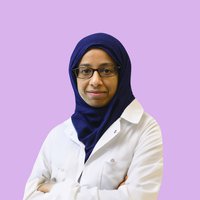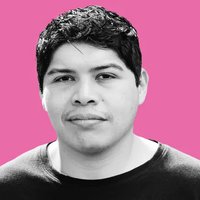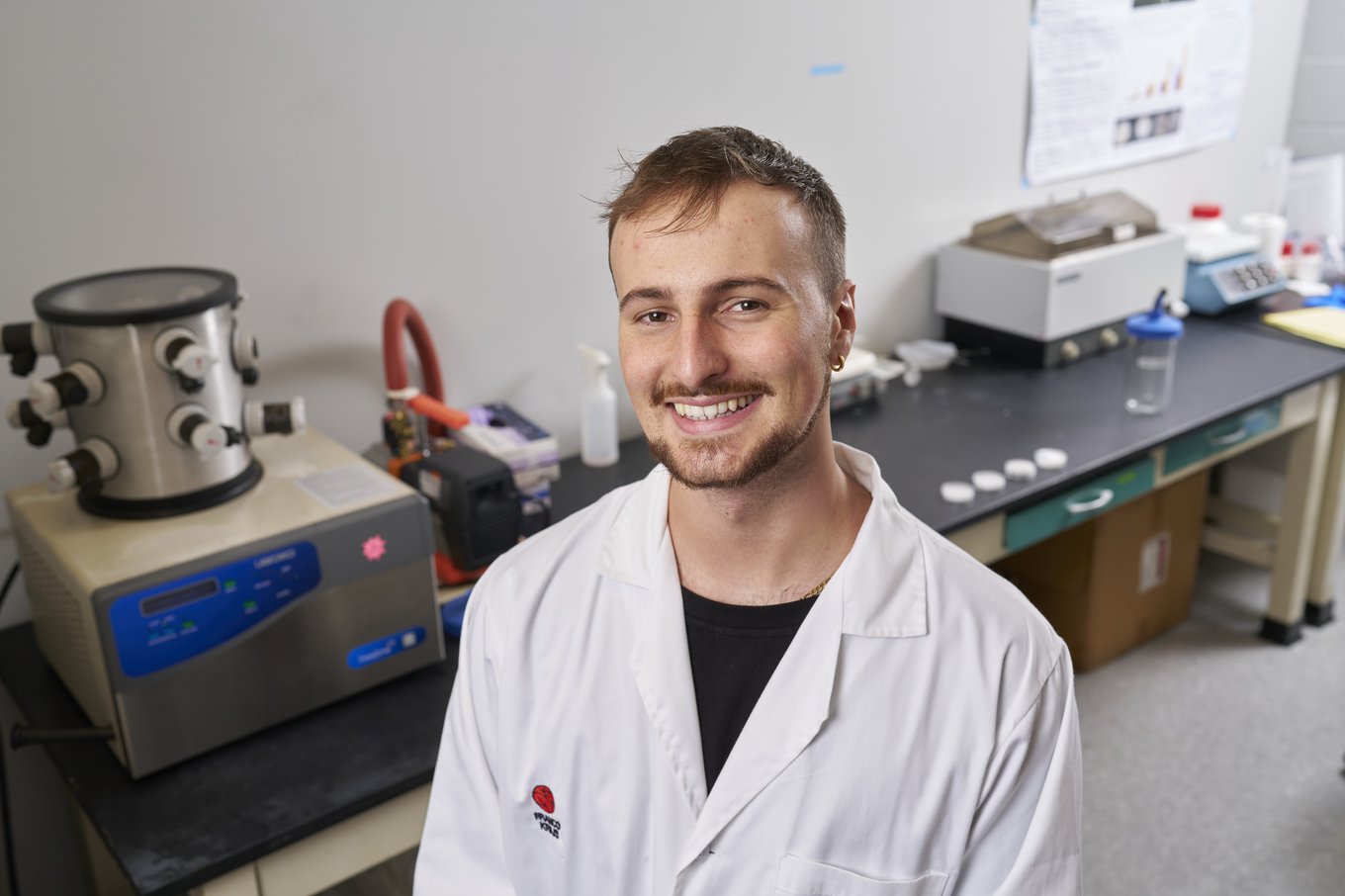Diabetes
affects more than 10% of the global population, and treatments for the disease
amount to $966 billion (approximately €864 billion), according to scientific
research. In severe cases, diabetes can lead to amputations, many of which could
be prevented through cell therapies that promote tissue regeneration.
However,
these advanced therapies often require investments exceeding $50,000 (around
€44,700), making widespread adoption difficult. Reducing the cost of such
treatments is one of the most pressing challenges in modern medicine. Franco
Kraiselburd (Argentina, 22) has found a way forward. His solution, called
Artemis, is a platform of cellular scaffolds designed to significantly lower
the cost of regenerative therapies. “The Artemis scaffold can integrate
revolutionary technologies to solve the most urgent problems in tissue
engineering. By incorporating these compounds directly into the scaffold, we
can eliminate expensive and unnecessary steps in the application of
regenerative treatments,” explains the young innovator.
The
solution consists of “a unique, fully scalable semi-synthetic scaffold
structure, with porosity designed to optimize cell adhesion, growth, and, in
some cases, vascularization.” The platform is also designed to minimize the need
for medical supervision and reduce patient risk, making it a cost-effective
option for both healthcare providers and hospitals by delivering more
consistent outcomes.
Kraiselburd’s
interest in research began at a remarkably young age. Before earning his degree
in Biomedical Engineering from Case Western Reserve University (USA), and at
just 12 years old, he had already begun researching cellular and molecular
biology at the University of São Paulo. During his university years, his daily
bus commute brought him face-to-face with people living with diabetes. “Seeing how
simple wounds would quickly become complicated was devastating, especially when
it led to amputations. That experience drove me to dedicate my life to ensuring
that never happens again. My first prototypes were born from that mission. That
early research experience shaped who I am as a scientist,” he recalls.
During his
time at university, he had the opportunity to work alongside Arnold Caplan, the
creator of the world’s first cell therapy and the father of Mesenchymal Stem
Cells. Continuing Caplan’s legacy is one of Kraiselburd’s deepest motivations,
and he considers him part of his extended family. With over a decade of lab
experience, Kraiselburd has earned multiple research grants that have allowed
him to pursue his life’s purpose. “In the
medium term, I envision Artemis being available in every emerging country as a
versatile and accessible solution for low-income patients. In the long term, we
see Artemis as the future of scalable organ and tissue manufacturing. We
imagine a world where everyone has access to lab-grown organs,” Kraiselburd
says.
Artemis is
one of several initiatives developed under Asclepii Inc., an international
medical innovation consortium led by experts across more than seven countries.
Founded by Kraiselburd, Asclepii has collaborated with the Center for Modular
Manufacturing of Structural Tissue at Case Western Reserve University and
Mexico’s Tecnológico de Monterrey.
To date,
Asclepii has received over $1 million (around €895,000) in research grants.
This ambitious endeavor has earned Kraiselburd a place among MIT Technology
Review in Spanish 35 Innovators Under 35.




